Gracie Barra Cloverdale's
Future Champions Program
BENEFITS FROM JOINING GB
Cloverdale's KIDS & TEENS BJJ PROGRAM
- Enhance sociable skills and improve self-confidence
- Understand a more helpful experience of goal-setting and performing
- Learn the GB Self-Defense System
- Boost focus, energy, and engagement
- Enjoy substantial advancements in widespread fitness and flexibility statuses
Join Us for a 1-Week Free Trial!
Gracie Barra Success Stories
Google reviews






Our Program
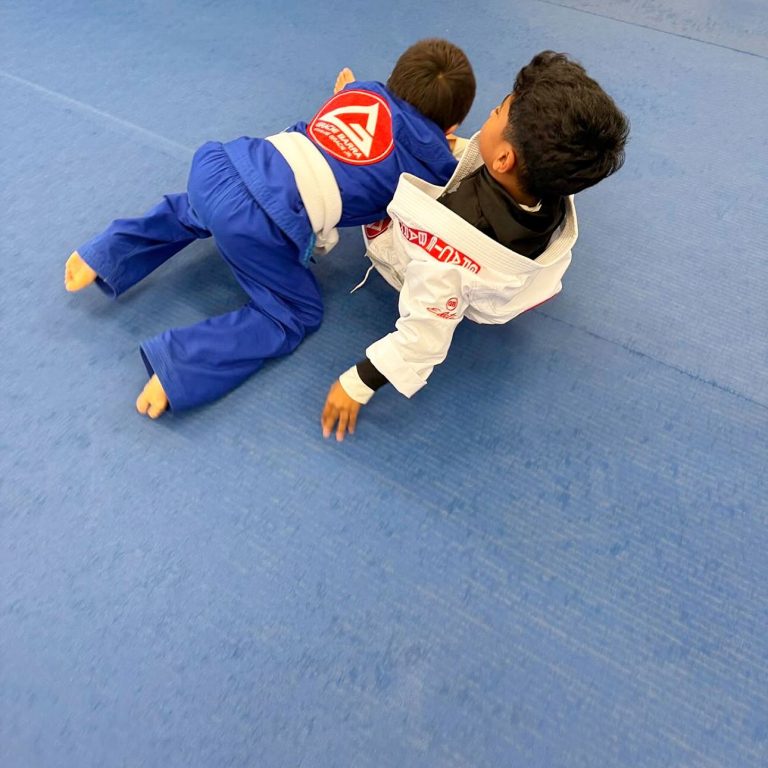
Tiny Champion Program
(ages 3 to 6)
Time 3:30 PM to 4:15 PM
- Strength and conditioning
- Develop core Jiu-Jitsu movements
- Learn fundamental Jiu-Jitsu techniques
- GB self-defense
- Fun Jiu-Jitsu games
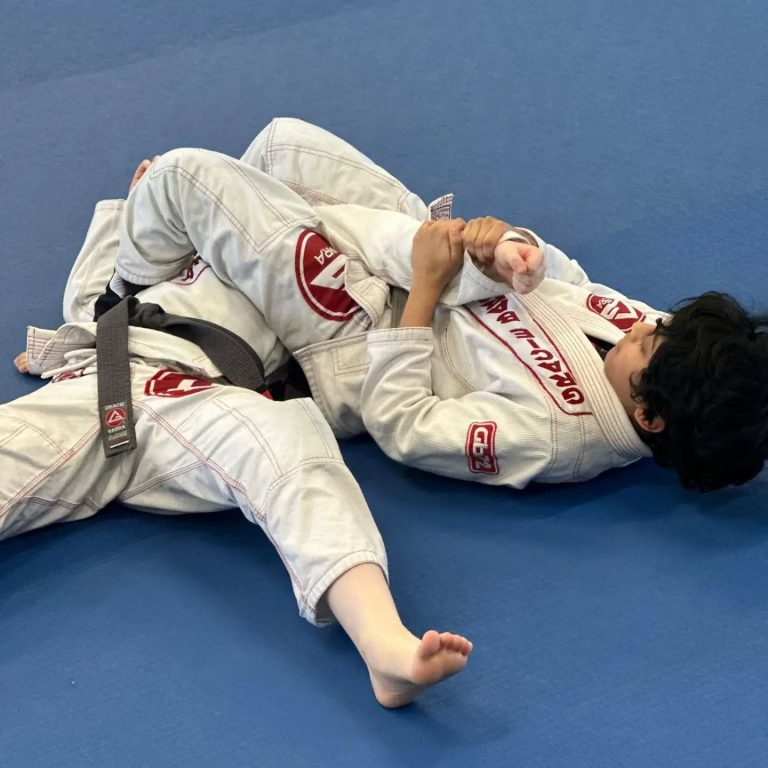
Junior 1 Champion Program
(ages 7 to 9)
Time 4:15 PM to 5:00 PM
- Strength and conditioning
- Develop core Jiu-Jitsu movements
- Learn fundamental Jiu-Jitsu techniques
- GB self-defense
- Introduction to Jiu-Jitsu sparring
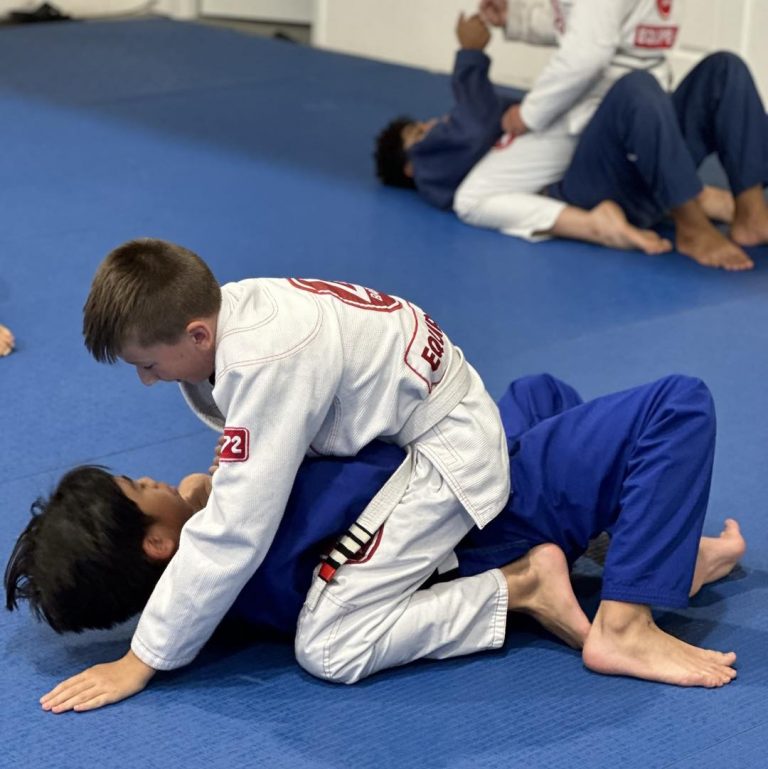
Junior 2 Champion Program
(ages 10 to 14)
Time 5:00 PM to 5:45 PM
- Strength and conditioning
- Develop core Jiu-Jitsu movements
- Learn fundamental Jiu-Jitsu techniques
- GB self-defense
- Introduction to Jiu-Jitsu sparring
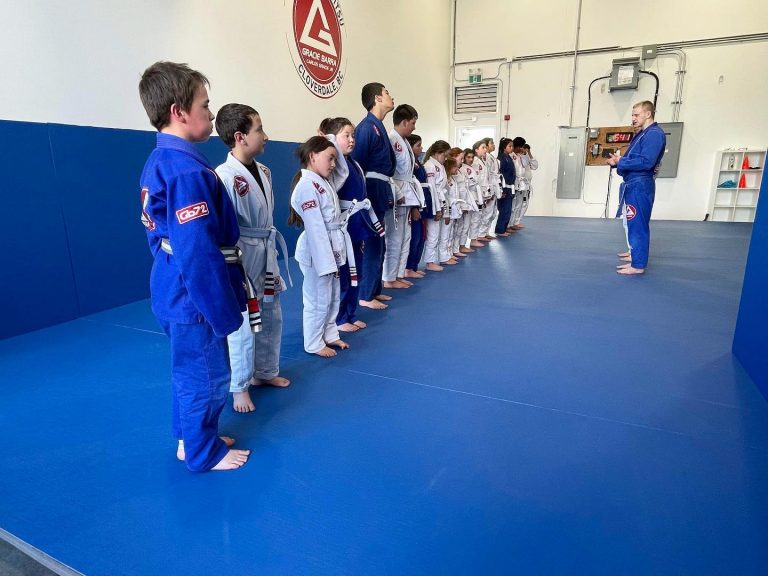
"So much more than punches and kicks. Changes lives."
“Martial arts is not just for teaching kids to throw punches and kicks. It’s a tool we use to help children evolve into leaders. Hundreds of parents here in BC can not believe the amazing transformation that has taken place.”
"So much enjoyment while introducing respect, discipline, and focus."
“We may not have much control over the rules here, but they are strictly enforced. This helps children discover and develop strong, healthy boundaries that are necessary for their growth and flourishing. Within a few weeks of attending Cloverdale’s Kids Jiu-Jitsu classes, discipline and respect will flourish.”

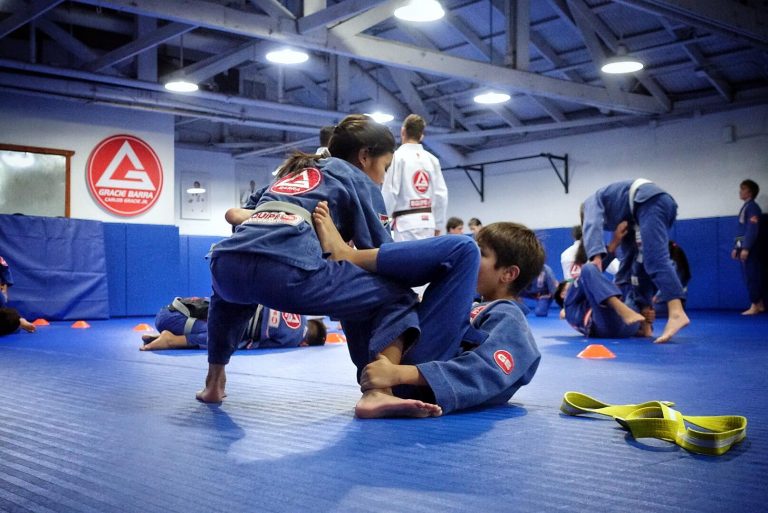
"Organize Your Kid for Success in Life."
Kids who train in Jiu-Jitsu have a higher success rate in school. Why? It’s because martial arts instill discipline, focus, goal setting, and drive in your child every time they attend a class. These attractive features are what make our Cloverdale Kids’ Martial Arts classes so effective.
1. Improved Physical Fitness: Cloverdale Jiu-Jitsu classes encourage physical activity, which is essential for good health. Kids learn strength, flexibility, coordination, and balance.
2. Self-Defense Skills: Jiu-Jitsu is a martial art that equips kids with practical self-defense techniques. In the classes, they learn how to defend themselves against bullies and other potential dangers.
3. Improved Confidence and Self-Esteem: Regular practice builds confidence in kids, and accomplishing new techniques improves self-esteem.
4. Problem Solving Skills: Jiu-Jitsu is an intricate sport that demands strategic thinking. Kids learn how to analyze situations, react appropriately, and adjust tactics.
5. Teamwork: In Cloverdale Jiu-Jitsu, kids work together to learn and practice techniques. This builds a sense of teamwork among the students.
The benefits of Jiu-Jitsu training are not limited to the classroom. The increase in self-confidence, mutual respect, physical fitness, and discipline will have a positive impact on every area of your child’s life, including their academic and social abilities. Enrolling them in Jiu-Jitsu is their first step towards a thriving, healthy, and productive life.